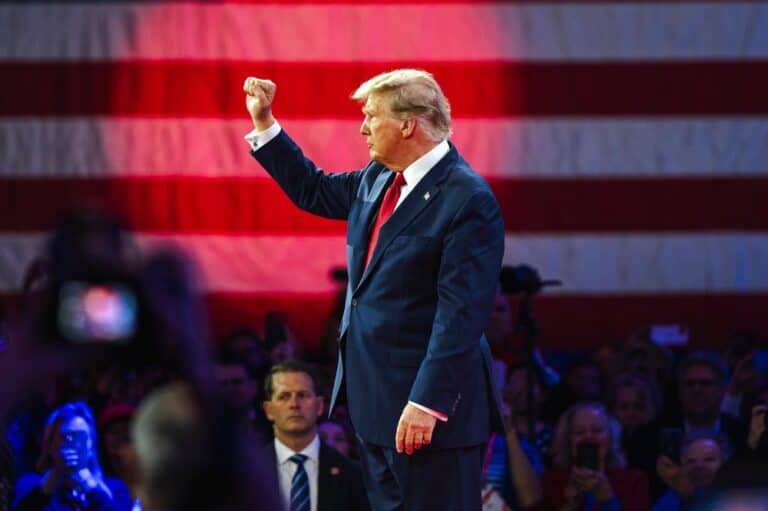President Donald Trump’s administration is considering sanctions against European officials involved in the implementation of the Digital Services Act (DSA).
According to insiders who spoke to Reuters, this could involve visa restrictions for officials from the European Union and its member states. Washington argues that the law imposes additional costs on American technology companies and restricts freedom of expression. The European Commission calls this criticism completely unfounded. The Commission points out that freedom of expression is central to the DSA. According to Brussels, the law is intended to tackle illegal content such as hate speech, fake news, and child abuse material more effectively. And this without restricting access to information.
The DSA has been in force since the beginning of this year. The law imposes strict obligations on the largest online platforms and search engines. Companies such as Meta, Google, and Amazon must take demonstrable measures to identify and remove illegal content. In addition, they must publish reports on moderation decisions and carry out periodic risk analyses examining the impact of their services on society. This requires radical changes in the companies’ IT processes, with greater use of automated monitoring, artificial intelligence, and transparent data flows to regulators.
A fairer digital ecosystem
American tech companies are expressing concerns about the high compliance costs and the potential impact on innovation. They argue that the rules are forcing them to make investments that are difficult to scale outside Europe, which could affect their competitive position. The European Commission, on the other hand, emphasizes that the law is not aimed at American companies, but at creating a safer and fairer digital ecosystem.
According to Heise, the European Commission may have temporarily suspended ongoing DSA proceedings against Platform X (formerly Twitter) last summer. Sources suggest that this decision could be related to a desire not to further provoke Trump, given the looming trade and tariff conflicts. However, it is unclear whether there is actually a direct link between this move and the current US threat of sanctions.
In any case, the possible punitive measures would represent an unprecedented escalation in relations between the EU and the US. For CIOs, compliance officers, and IT departments, this means that compliance with the DSA is not only a technical and organizational challenge, but is also increasingly taking on a political dimension. The question is to what extent companies should adapt their strategy to a playing field that is increasingly influenced by
